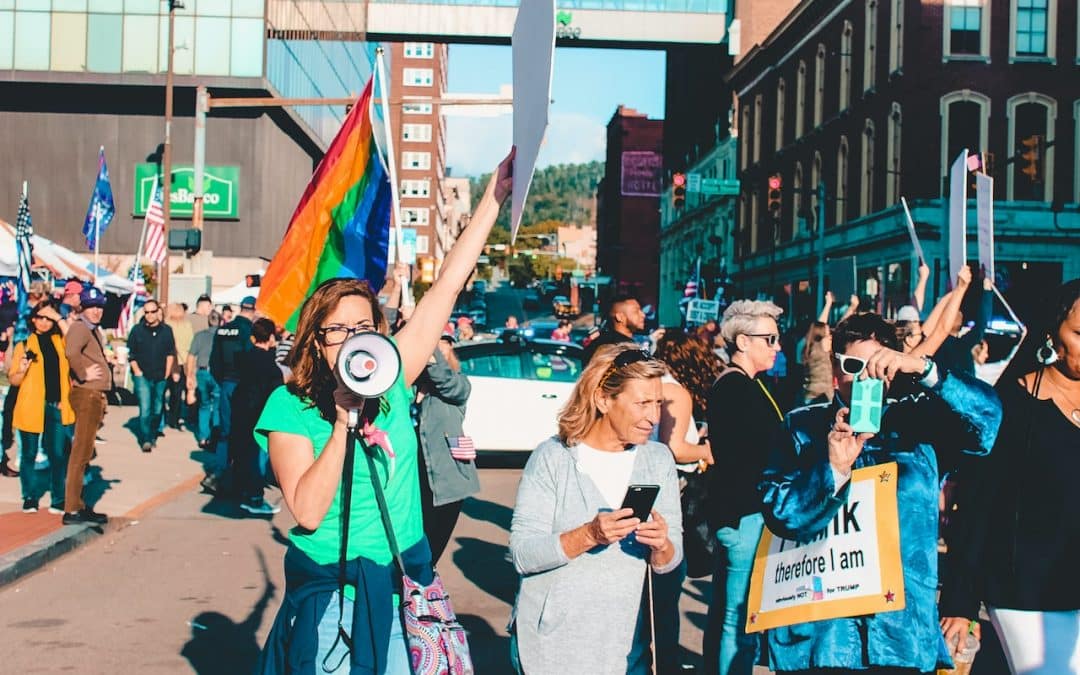A new public order bill is currently before parliament and may trigger a more authoritarian approach to protest rights.
Introducing the bill, then Secretary of State for the Home Office Priti Patel spoke of an increase in disruption and criminal behaviour during protests that had diverted police resources away from communities:
“We are seeing parts of the country grind to a halt. Transport networks have been stopped, printing presses blocked and fuel supplies disrupted. People have been unable to get to work and go about their lives free from harassment.”
The home secretary acknowledged that the right to protest should not be interfered with, but said behaviour that prevented people from going about their day-to-day business should not be tolerated.
The bill would introduce several measures that aim to address serious disruption caused by certain protestors.
This includes several new criminal offences such as:
- ‘locking on’ (where a person attaches themselves to land, an object or to another person and causes serious disruption)
- ‘tunnelling’ (where a person either creates, or occupies, a tunnel that causes serious disruption)
- obstructing major transport works and interfering with key national infrastructure
- interfering with the access to, or provision of, abortion services
The bill would also introduce ‘suspicion-led’ and ‘suspicion-less’ stop and search powers for the police, as well as powers to enable the secretary of state to bring civil proceedings (including applying for injunctions) against individuals who carry out protest-related activity.
A new preventative court order – the serious disruption prevention order (SDPO) would also be introduced. A person who receives an SDPO could be subjected to several requirements, including electronic tagging.
The bill has proven controversial, with many parliamentarians and external stakeholders arguing that it could threaten the right to peaceful protest and freedom of assembly.
However, following widespread publicity about evolving tactics used by some protestors, the government has said that it remains committed to plugging what it argues are gaps in existing legislation and protecting the public from serious disruption caused by certain protestors.

